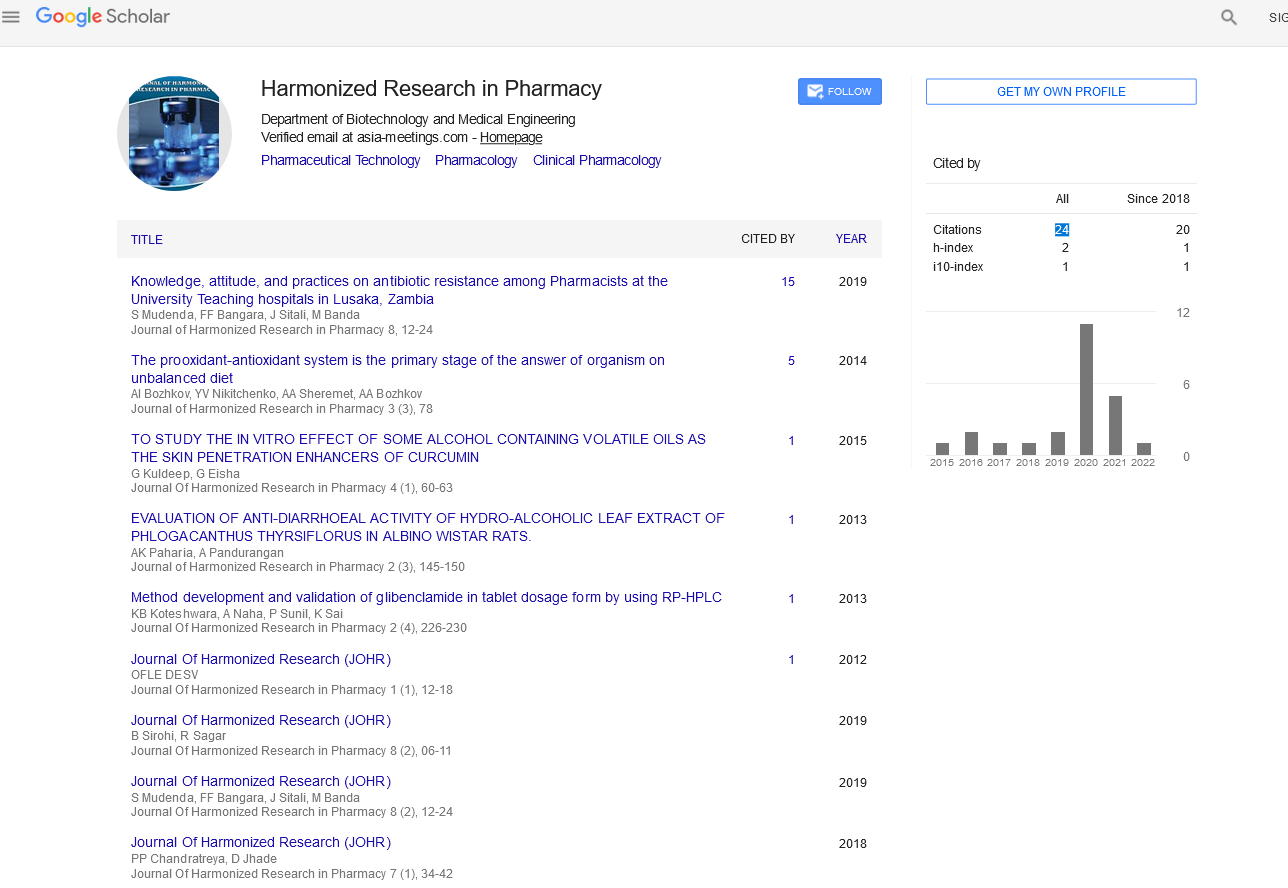POLYSACCHARIDE EXTRACTS FROM SARGASSUM SILIQUOSUM J.G. AGARDH MODULATES PRODUCTION OF PRO-INFLAMMATORY CYTOKINES IN LPS-INDUCED PBMC AND DELAYS COAGULATION TIME IN-VITRO
Abstract
Author(s): Ross D. Vasquez, Ruby SP. Garcia-Meim and, John Donnie A. Ramos
Abstract Sulfated polysaccharides from brown seaweeds exhibit various biological activities, structural diversity, and are potential reagents for the development of therapeutic drugs. This study aime d to determine the effect of aqueous and fucoidan extracts from Sargassum siliquosum J. G. Agardh on viability of peripheral blood mononuclear cells, production of pro-inflammatory cytokines and plasma coagulation using in vitro assays. Sulfate contents of the polysaccharides were quantified using Acid-Ashing Digestion Ion chromatography. Effect on viability of the extracts on peripheral blood mononuclear cells was determined by MTT Assay. Estimation of pro-inflammatory cytokines concentrations was done through Enzyme-Linked Immunosorbent Assay, while anticoagulant activity was measured by Prothrombin Time and Activated Partial Thromboplastin Time. Results revealed that both extracts were non-cytotoxic to PBMCs, reduced significantly the production of IL-1, IL-6, TNF-a and exhibited normal anticoagulant activity in PT assays and prolonged APTT remarkably in dose-dependent manner. In conclusion, extracts of the Sargassum siliquosum J.G. Agardh is a potential alternative source in producing anti-inflammatory and anticoagulant substances in the future. Keywords: Sargassum siliquosum, sulfated polysaccharides, ashing-acid digestion, peripheral blood mononuclear cells, cytokines, inflammation, coagulation

Google Scholar citation report
Citations : 147
Journal of Harmonized Research in Pharmacy received 147 citations as per google scholar report









